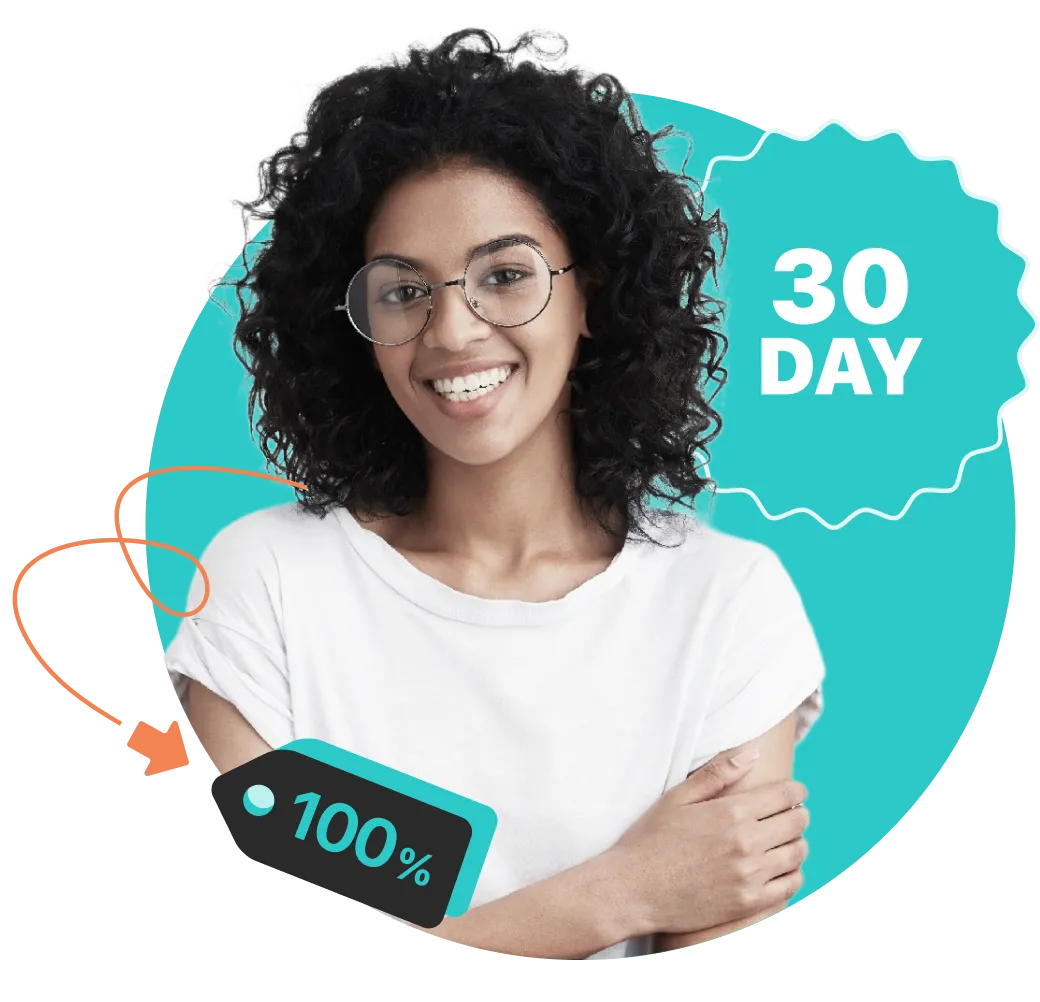What Makes a VPN Secure? Must-Have Features
How to tell if a VPN is safe? Check for these key features.
We use cookies to provide you a better service and analyze traffic. To find out more about cookies, please see our Cookie Declaration. By continuing to browse our website, you agree to our use of cookies.
We use cookies to provide you a better service and analyze traffic, To find out more about cookies, please see our Cookie Declaration.
Our website relies on these cookies for proper functionality.
These cookies are utilized to retain your preferences, such as language selection.
Cookies enable us to gain insights into our visitors and enhance their browsing.
Cookies that are used to track conversions for ads platforms.
Yes, using a VPN is safe—but only if you choose the right VPN provider.
A reliable VPN can protect your privacy and data from hackers and other third parties. However, shady VPNs might steal and sell your personal information.
So, for true security, make sure you pick a quality VPN with excellent privacy and security features.
Choosing the wrong VPN can be riskier than you think...
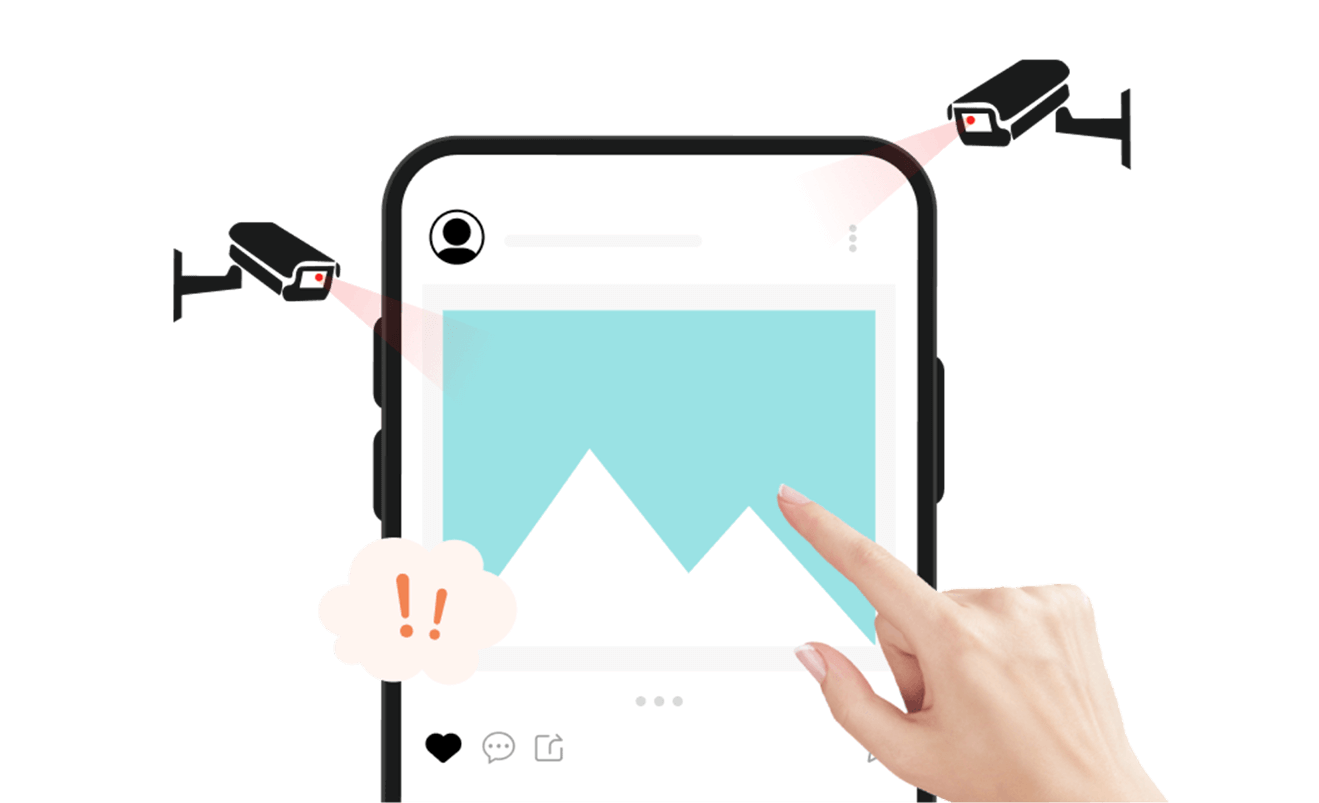
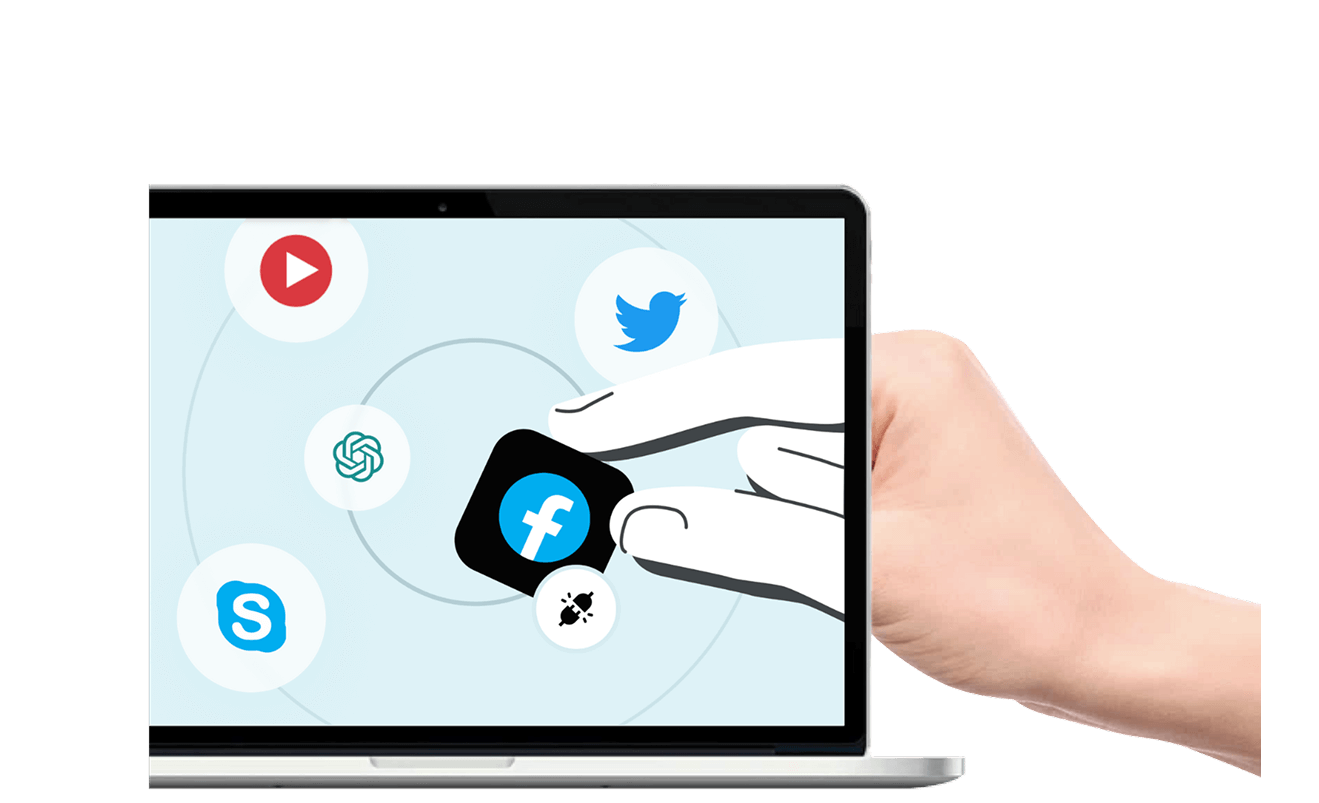
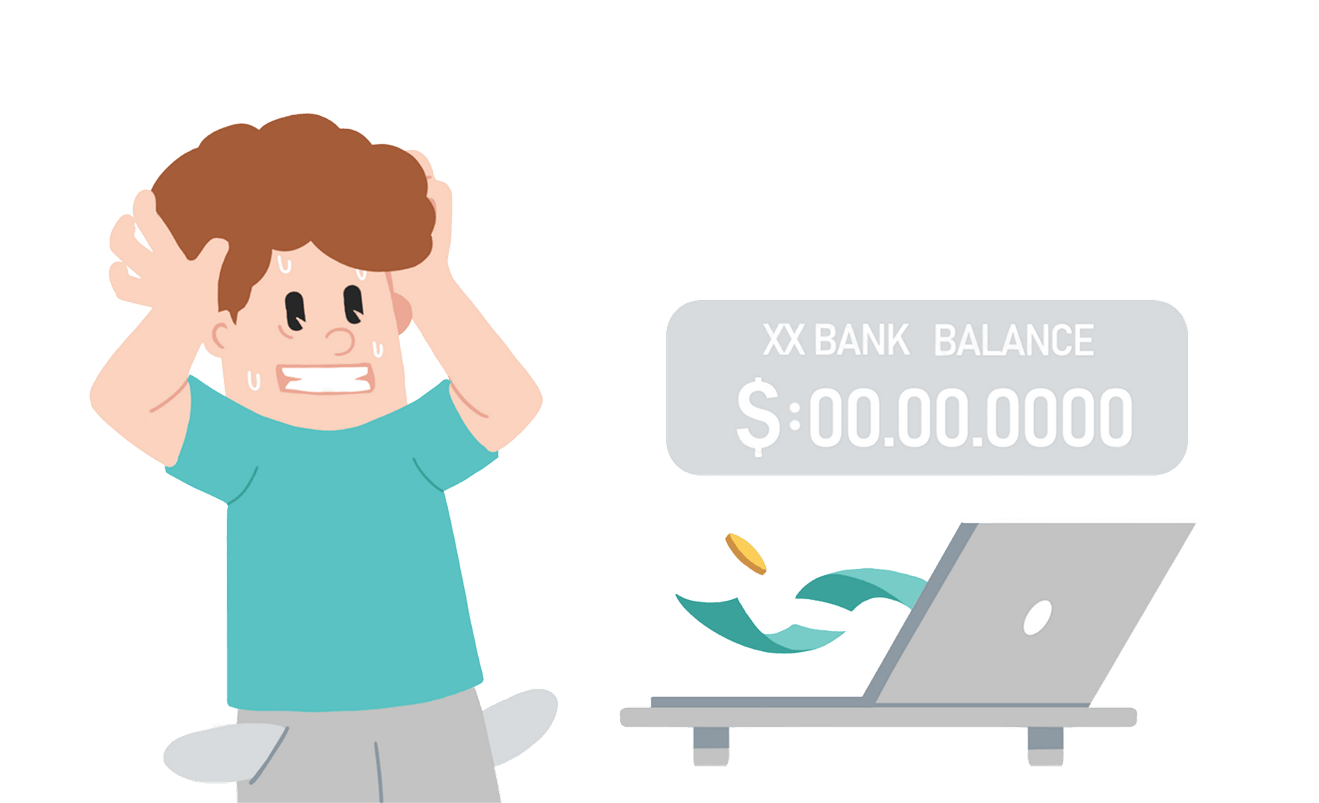
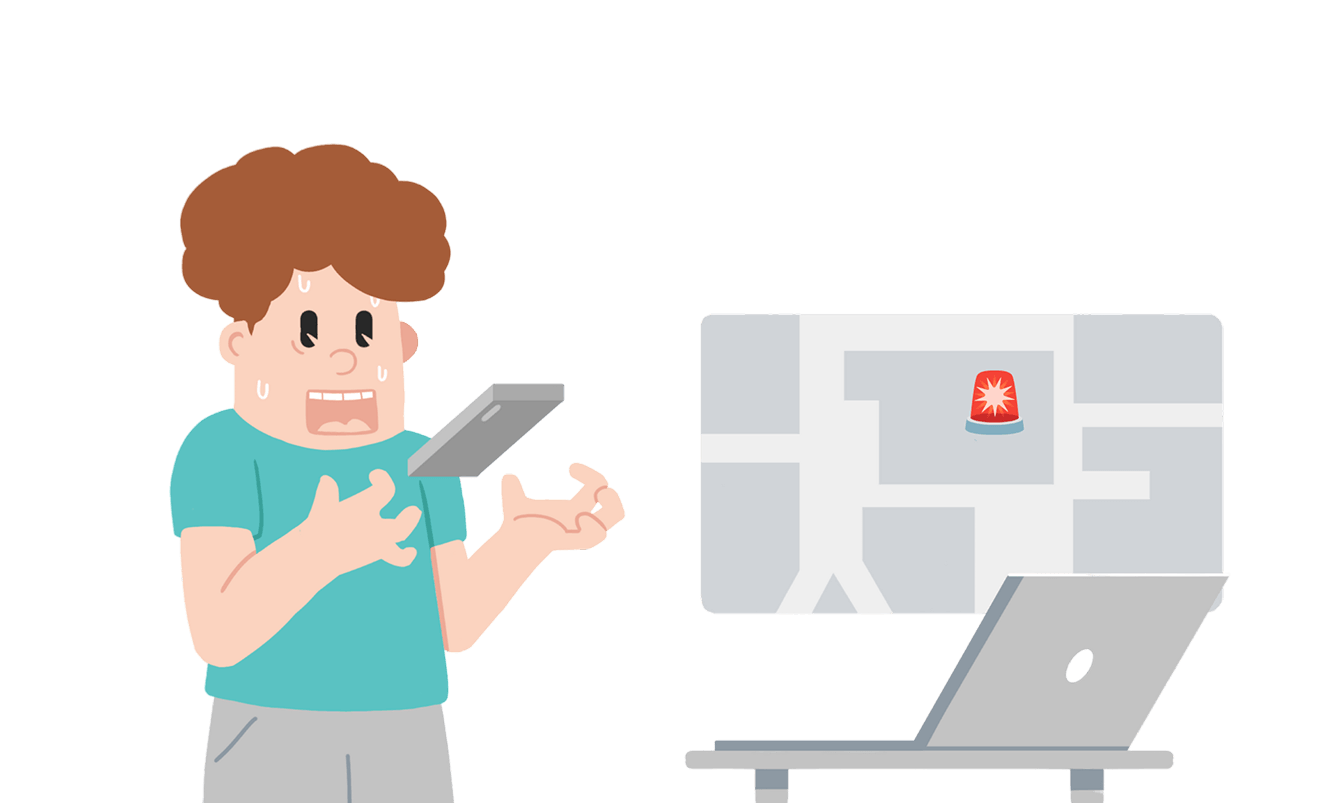
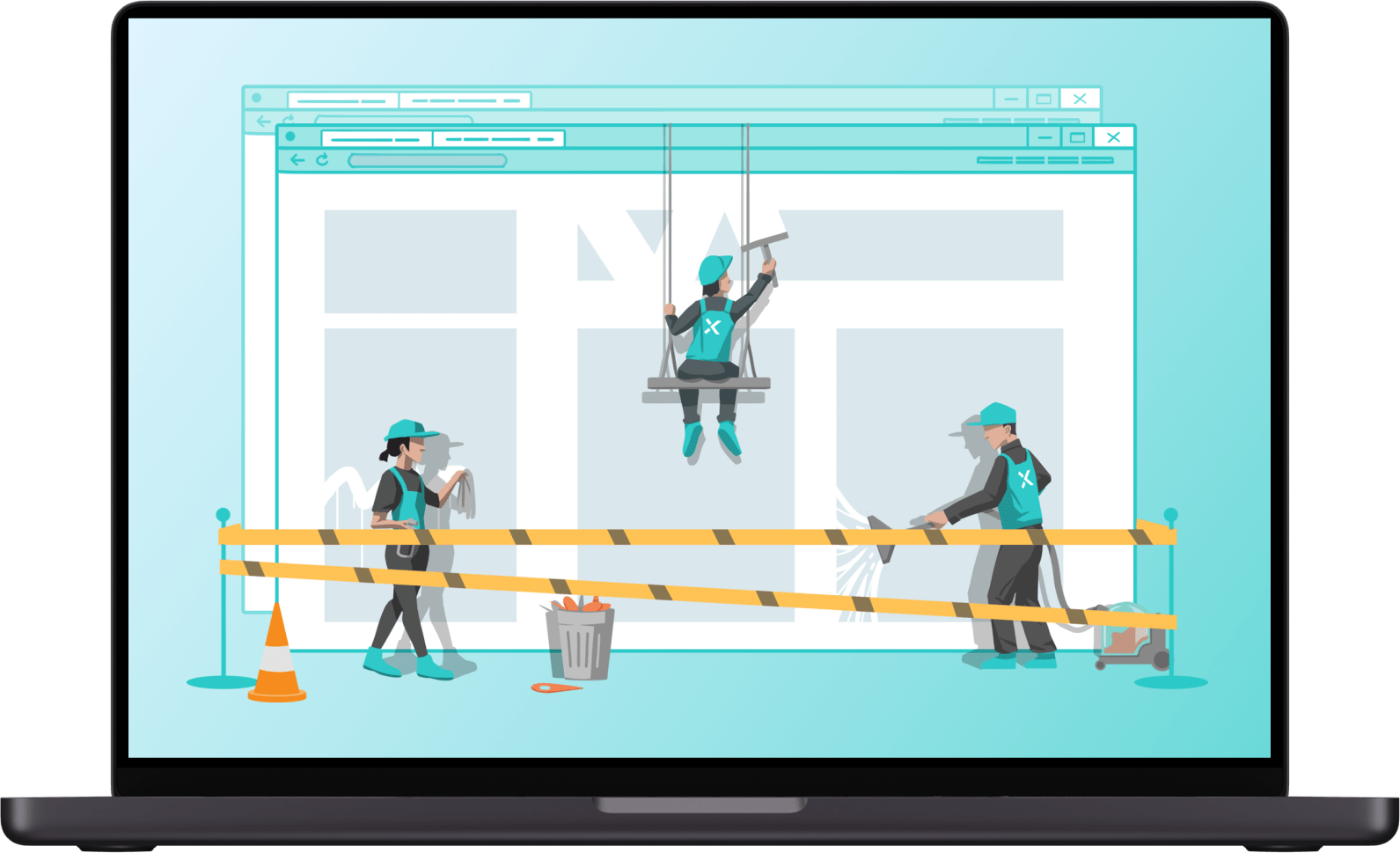
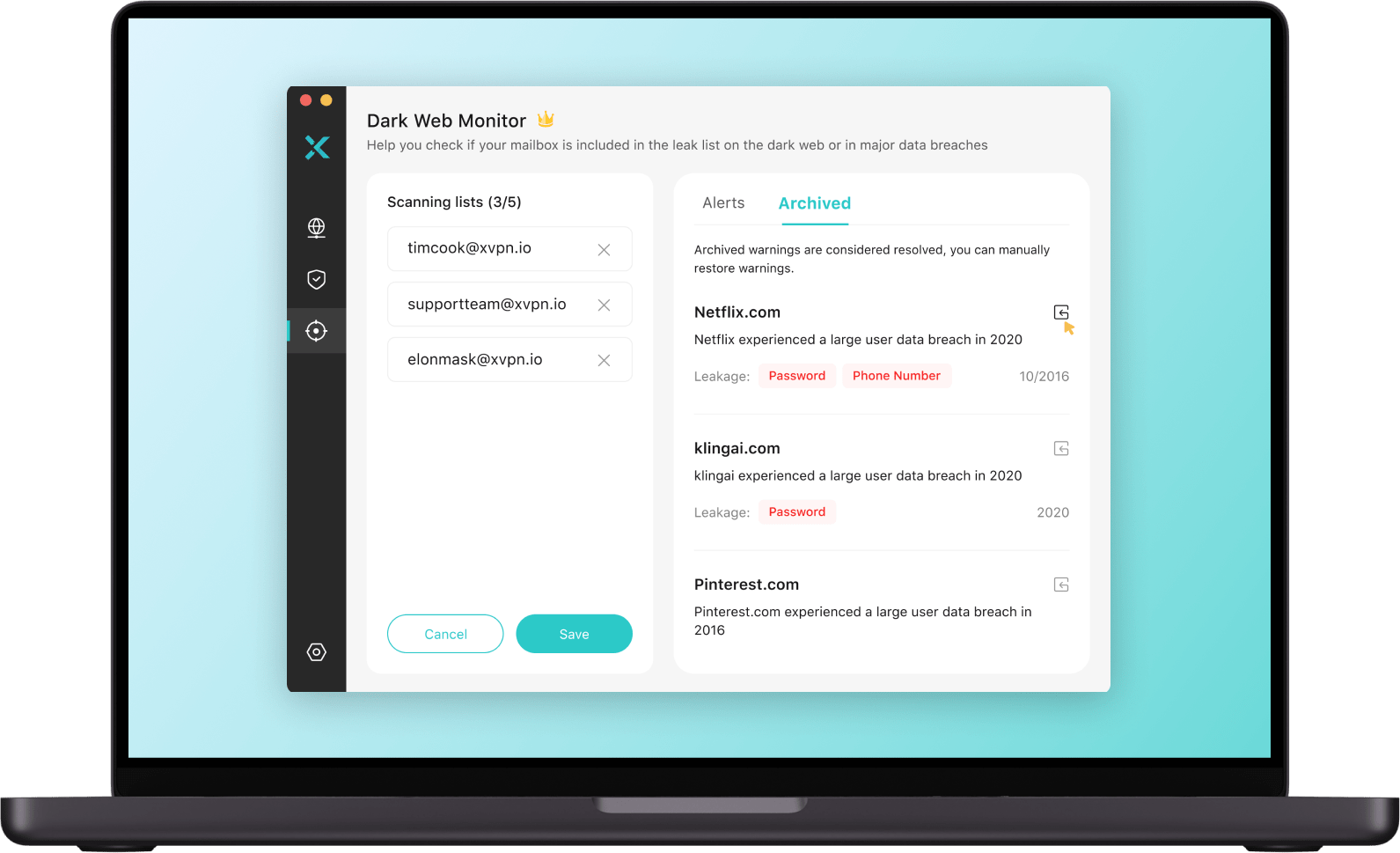
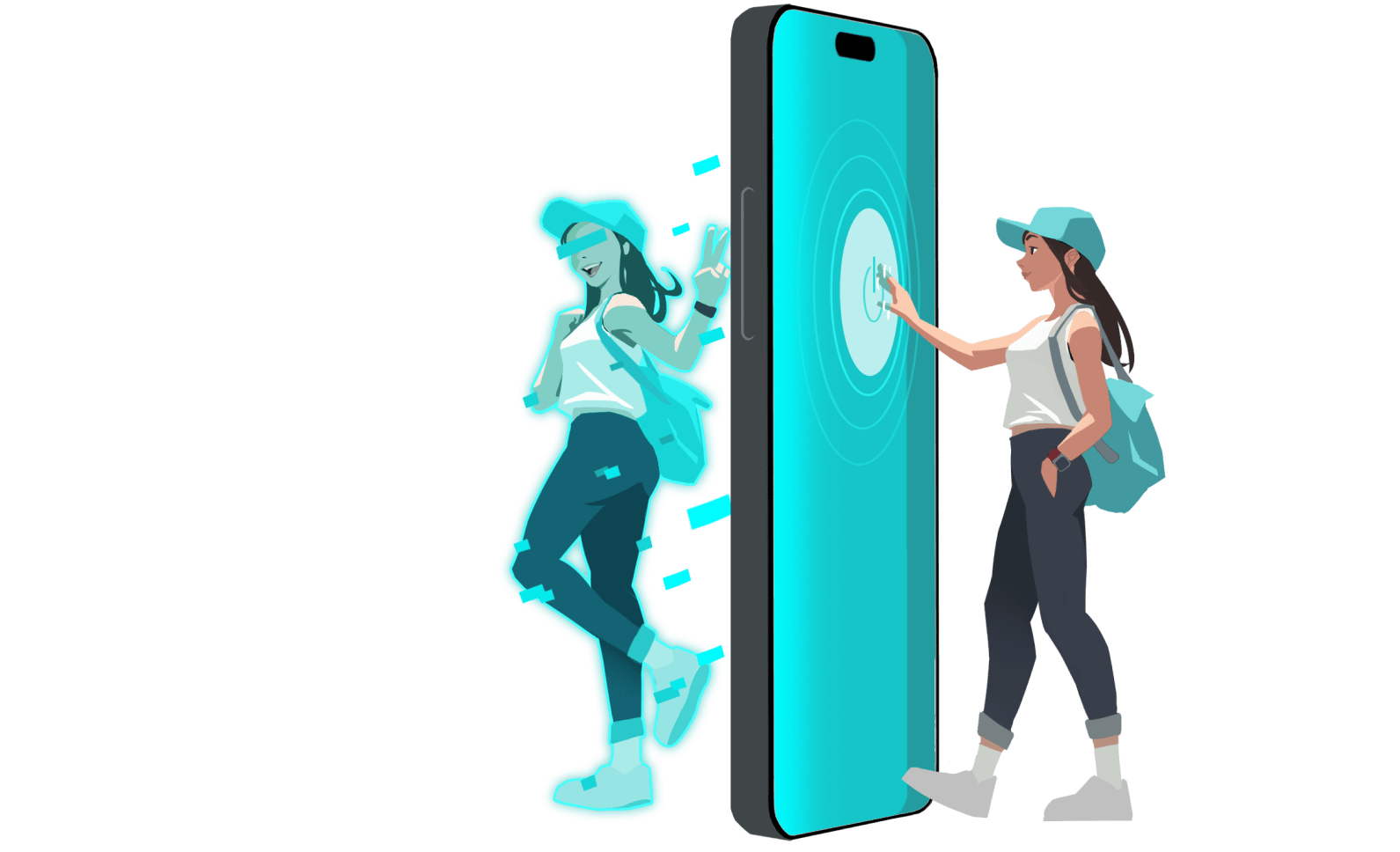

The foundation of VPN security. Military-grade encryption like AES-256 is the industry standard—even if hackers intercept your data, they can't decrypt it.
The technical backbone of a secure connection. The latest protocols, such as WireGuard and OpenVPN, balance security and speed perfectly.
Essential for true privacy. Independently audited no-logs policies guarantee that your online activity is never recorded or stored.
Trust takes time. A reliable VPN has years of credibility without any major security incidents or data leaks, consistently receiving positive user feedback and industry recognition.
For stronger security, look for these advanced VPN features
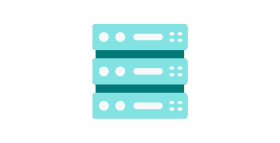
Ensures all data is wiped on reboot, leaving no physical traces
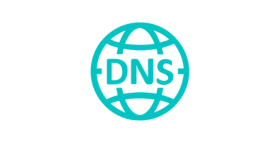
Prevents third-party DNS providers from logging your queries
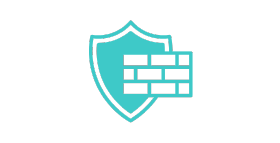
Make your VPN traffic look like normal internet traffic to bypass censorship more easily
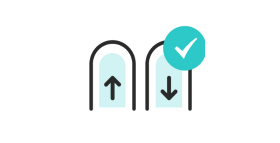
Choose which apps use the VPN and which ones use the regular internet

Provides a private IP address to avoid blacklisting or CAPTCHAs
A secure VPN keeps you safer, more private, and free online
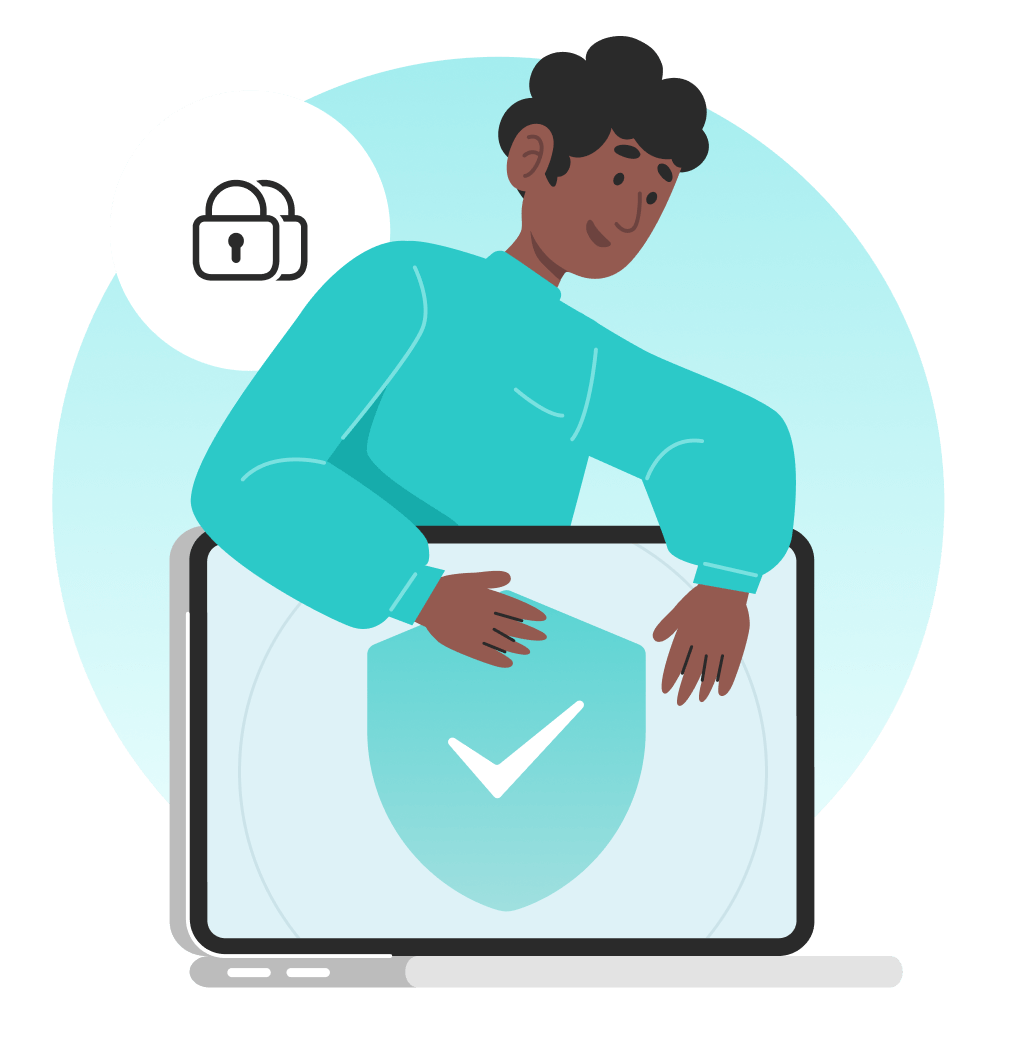
Hacking, malware, phishing—online threats are everywhere. A secure VPN encrypts your internet traffic, keeping sensitive info (like passwords and credit card details) safe from theft. Even on public Wi-Fi at airports, cafes, or hotels, your data stays protected.
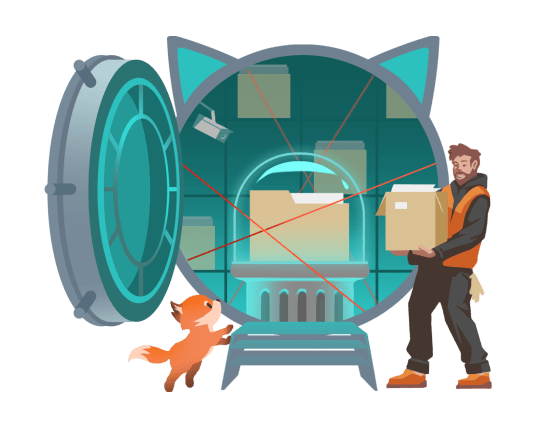
Advertisers, ISPs, and even governments collect your online data. A VPN hides your IP address and browsing history, letting you browse anonymously. This effectively stops targeted ads, price discrimination, and online surveillance. Whether you're streaming, shopping, or chatting, your activities stay private.
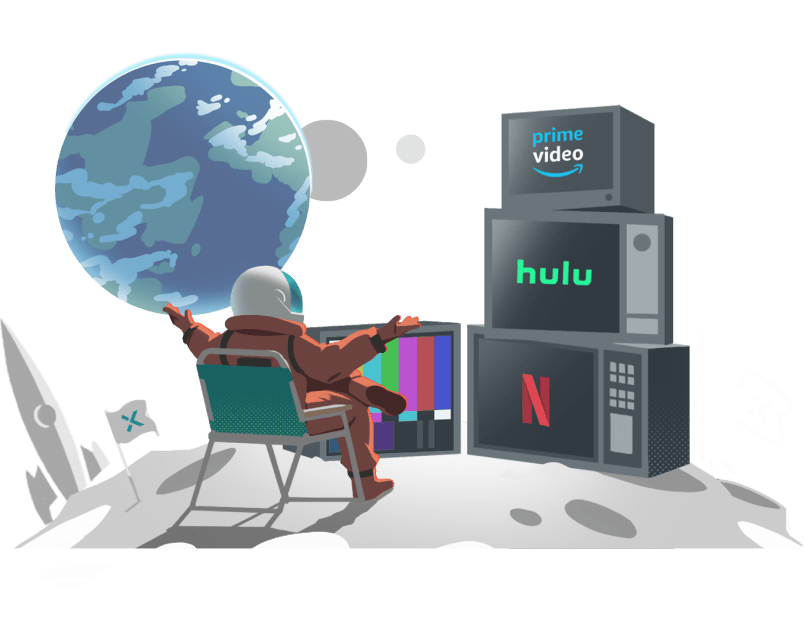
With a VPN, geo-blocks and censorship disappear. Access restricted streaming services, social media, news sites, and more from anywhere. For travelers, foreigners, or professionals needing open access, a VPN means true internet freedom is always within reach.
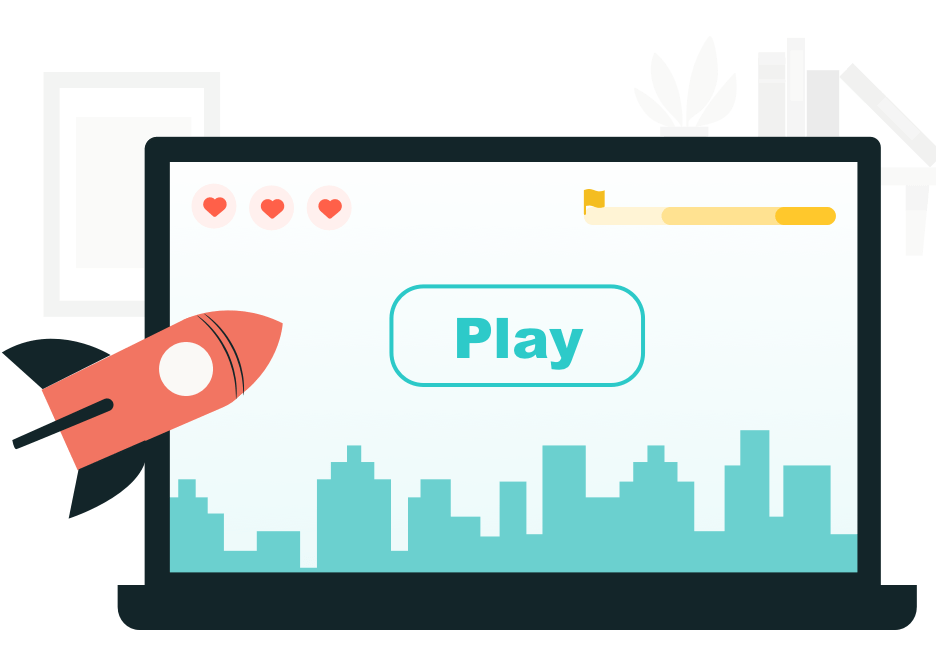
Some ISPs may throttle your bandwidth, causing buffering or lag. A VPN can optimize routing and bypass throttling for a smoother experience. Whether streaming 4K videos, downloading large files, or gaming, everything is faster and more stable. No need to sacrifice speed for security.
Many free VPNs aren’t safe. They often lack strong encryption, track your activity, and may even sell your data to third parties. Some free VPNs do offer good security, but usually with limits. For important or long-term use, a paid VPN is usually more reliable.
Not all VPNs are trustworthy. It depends on the provider. Reputable VPNs with a no-logs policy, independent audits, and transparent practices (like X-VPN) can be trusted. Unknown or sketchy providers might not be.
Yes, reliable VPNs are safe. They offer strong encryption, advanced security features, and strict no-log policies. However, no VPN is 100% risk-free—security also depends on how you use it.
Yes, X-VPN is one of the most secure VPNs. It uses military-grade encryption (AES-256), secure protocols like OpenVPN and Everest (its proprietary protocol), and a strict no-logs policy. Extra features like a Kill Switch, Double VPN, and DNS leak protection add even more security.
To ensure your VPN is safe, check a few key things. Read the VPN's privacy policy to make sure they don’t log or sell your data. Evaluate the security features like encryption and protocols they use. Look at user reviews and independent audits for feedback and security validation.
A VPN hides your IP and encrypts traffic, but tracking is still possible through browser fingerprints, cookies, malware, or if the VPN keeps logs. For maximum privacy, pair your VPN with safe browsing habits.
Our VPN is powerful and easy to use.If we don't meet your expectations, we'll refund your payment.
100% Success.
